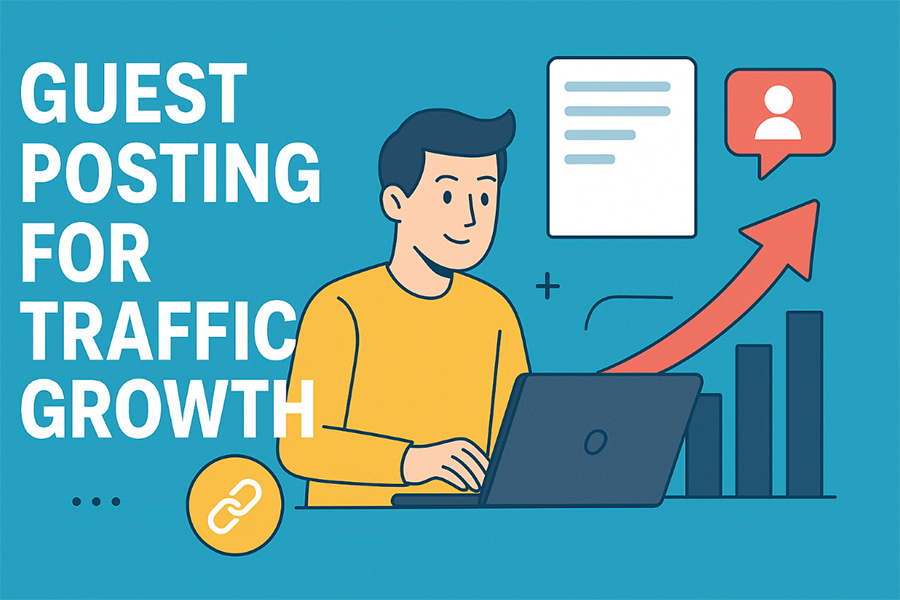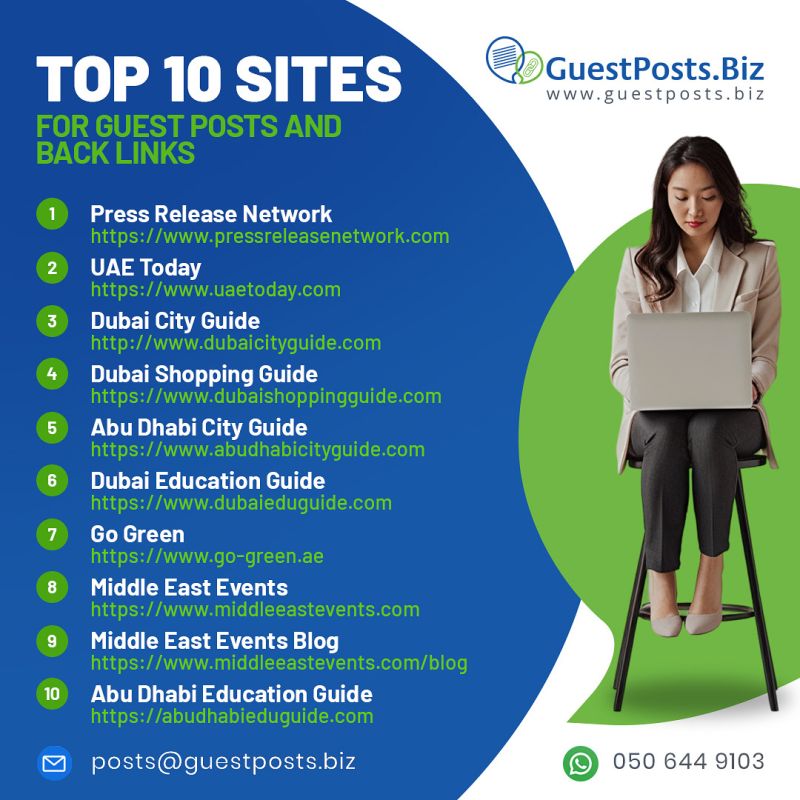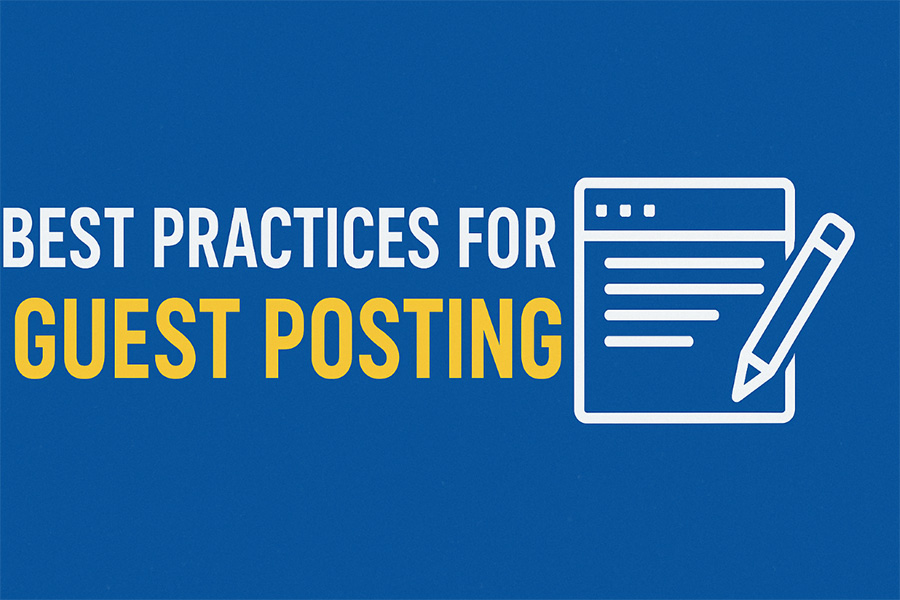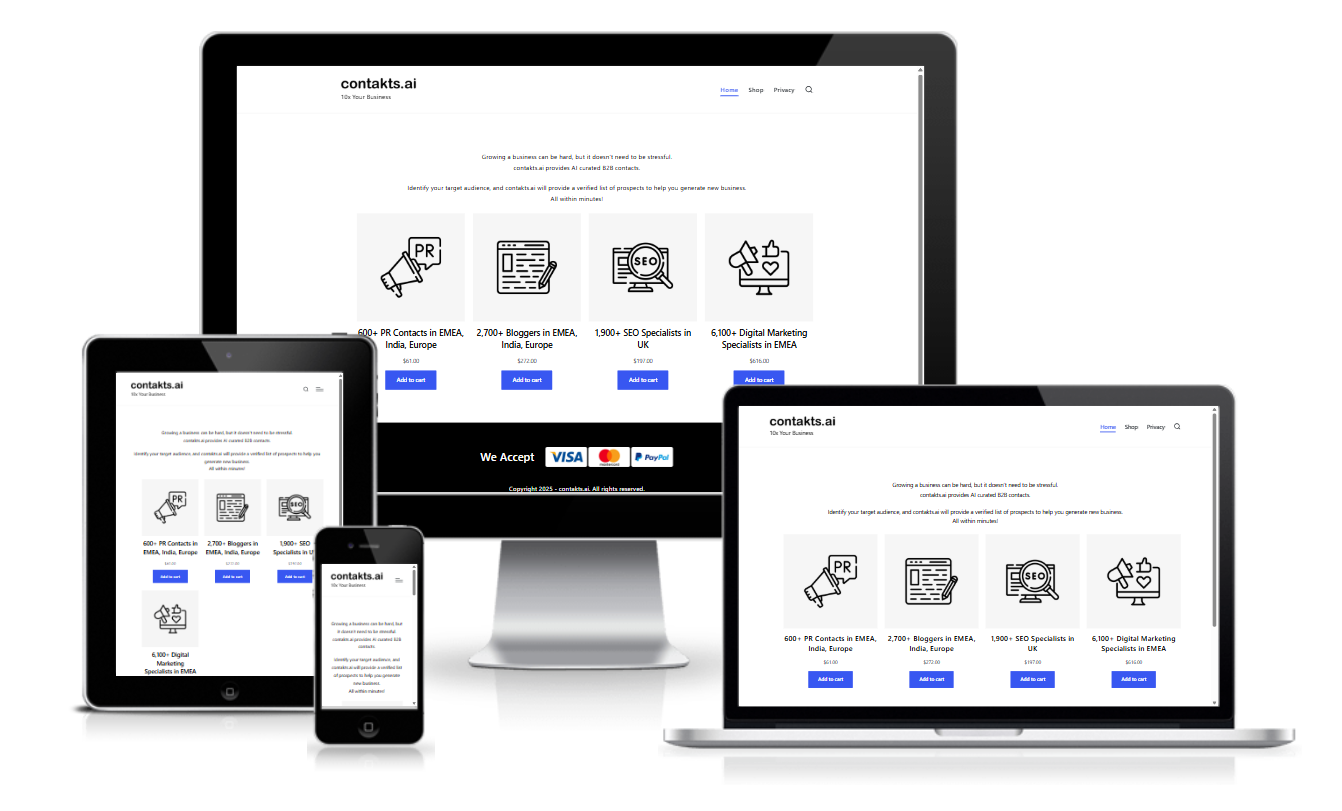Save The Date: Megacampus Summit Dubai 2026 – A Global Event That Redefines The Rules
Following the historic success of Megacampus Summit Dubai 2024 — officially recognized by the Guinness World Records as the largest lecture-based event in the world — Dubai is once again set to become the epicenter for entrepreneurs, visionaries, and thinkers from around the globe.
On March 6–7, 2026, the iconic Coca-Cola Arena will welcome 13,000 participants from more than 75 countries, uniting leaders, dreamers, and innovators for Megacampus Summit Dubai 2026 — an event already described as the place where the future begins.
GLOBAL ICONS ON ONE STAGE
This year, Megacampus Summit will host an extraordinary lineup of speakers — individuals who inspire millions and shape the global culture of leadership:
- Wim Hof, the legendary “Iceman”, creator of the world-renowned breathing and cold exposure method that has transformed how millions perceive health, resilience, and human potential.
- Robert Greene, author of international bestsellers The 48 Laws of Power, The Laws of Human Nature, and The Art of Seduction — one of the most influential strategists of our time, revealing the psychology of power and the principles of influence that make the impossible achievable.
- Magnus Carlsen, the greatest chess player of all time, a living symbol of strategy, intellect, and concentration. His session will focus on how to train the mind to think several moves ahead.
And the headliner of Megacampus Summit Dubai 2026 will be none other than James Cameron — three-time Academy Award winner and the visionary behind Terminator, Titanic, and Avatar.
Cameron will share his perspective on the future of technology, creativity, and leadership — and how imagination can propel humanity forward.
This is not just a list of stars — it’s a planet of minds gathered under one roof.
And this is only the beginning: more world-class names will soon be announced, promising a truly transformative experience.
BEYOND RECORDS — AIMING EVEN HIGHER
Megacampus Summit is not just an event — it’s where history is made.
In 2024, the Summit set a world record, hosting Khabib Nurmagomedov, Luc Besson, Robert Kiyosaki, Gary Vaynerchuk, and Randi Zuckerberg on a single stage.
Each inspired thousands of entrepreneurs, proving that growth begins with an idea — and that real power lies in bringing together people who believe in progress.
In 2026, the organizers are setting their sights even higher:
to create an event that defines the future of innovation, thinking, and leadership.
Across two intense days, participants will experience inspirational talks, live discussions, masterclasses, and world-class networking —
a space where bold ideas evolve into actionable strategies and where the energy of leaders turns into real transformation.
WHAT THE LEGENDS SAY ABOUT MEGACAMPUS
“It was an amazing event in Dubai. Thank you so much for the invitation!”
— Khabib Nurmagomedov
“Magic is real. Today, on stage in Dubai, I had the honor of sharing my message with 10,000 inspiring leaders and entrepreneurs.”
— Robin Sharma
“An incredible week in Dubai and Abu Dhabi — speaking at events focused on entrepreneurship and innovation, and enjoying the amazing weather.”
— Randi Zuckerberg
MEGACAMPUS WEEK — WHEN DUBAI BECOMES THE CAPITAL OF IDEAS
From March 2 to 8, 2026, the UAE will host Megacampus Week — a large-scale festival of knowledge, creativity, and inspiration.
Throughout the week, Dubai will transform into a global hub of innovation and cultural exchange, featuring educational programs, business forums, art events, and exclusive gatherings that foster collaboration and fresh thinking.
Megacampus Week will bring together entrepreneurs, creators, experts, and travelers from every corner of the world.
Event organizers and brands interested in joining this movement are invited to collaborate with the Megacampus team.
TICKETS AND DETAILS
Megacampus Summit Dubai 2026
March 6–7, 2026
Coca-Cola Arena, Dubai
Current ticket prices:
- Light — $55
- Standard — $120
- VIP — $1,600
- Platinum — $15,000
Ticket prices increase on the 1st and 15th of each month, so early booking is strongly recommended.
Full details, speaker bios, and schedules are available at the official website: summit.megacampus.com
For media accreditation and partnership inquiries, please contact: info@megacampus.com
MEGACAMPUS SUMMIT DUBAI 2026 — MORE THAN AN EVENT
It’s a movement of a new generation of leaders redefining business, inspiration, and personal growth.
This is where ideas are born, connections are forged, and a new era begins.
Whether you’re an entrepreneur, creator, or lifelong learner — Megacampus invites you to become part of history.












